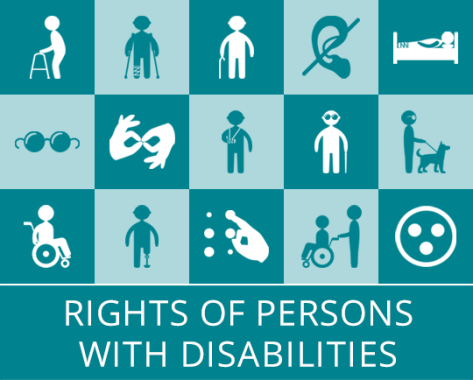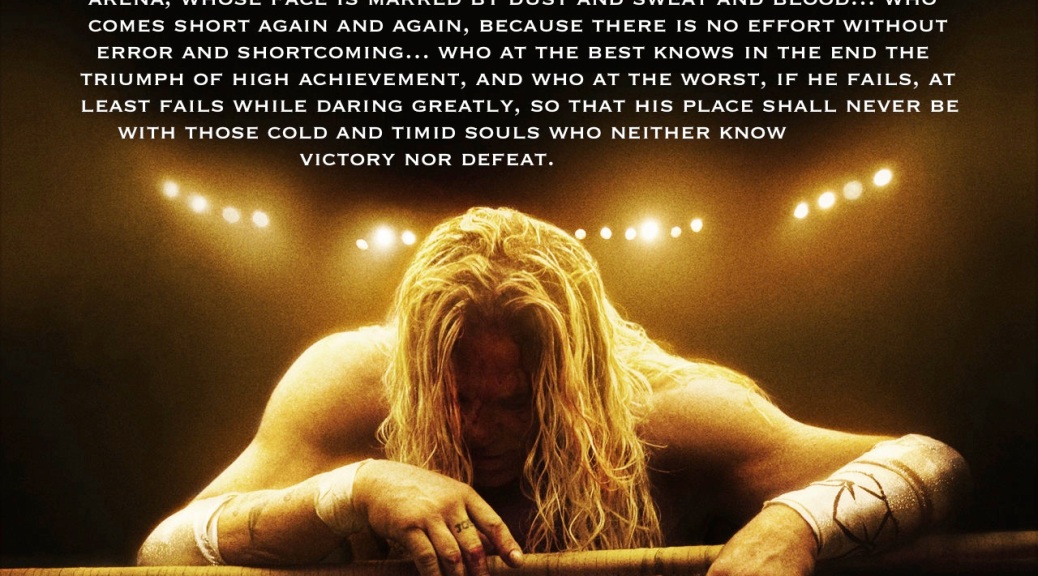“The moral test of government is how that government treats those who are in the dawn of life, the children; those who are in the twilight of life, the elderly; those who are in the shadows of life, the sick, the needy and the handicapped.”-Hubert Humprey
INTRODUCTION/BACKGROUND
It is not news or new information that President Muhammadu Buhari recently signed into law, the Discrimination against Persons with Disabilities (Prohibition) Act, which is a law specifically enacted to protect the rights of persons with disabilities in the country. The bill which, (it must be said)-lingered stagnantly without any meaningful progress through successive administrations in the National Assembly for a jaw-dropping and possibly, record-breaking 18 years till passage, in its various provisions and sections criminalizes discrimination against persons with disabilities and provides for means for the rights of such persons to be duly respected.
In the first place, it must be averred succinctly, that this Bill was initially passed by the 8th Senate of the Federal Republic of Nigeria into law on March 28, 2018. But it wasn’t until December 2018, that it was duly transmitted to the president for assent for the 4th time and fourth administration since 1999. Despite what is unarguably a drastic need for legislation on the well-being and support for the globally recognized legal rights of Persons with Disability.
THE NECESSITY OF THE ACT
One of the most touching and emotional speeches I have ever heard in my life (and as a Speech lover, I have read/heard several) was a Keynote Address at the University of Ibadan’s Debate Championship Jaw War 2016 Finals, delivered by the erstwhile President of the Special Persons Club, University of Ibadan, an amazing Public Speaker, winner of countless national and international accolades in public speaking Mr Adeyemi Idowu, who recently graduated from the Faculty of Law, U.I and is presently a Student of the Nigerian Law School.
In that electrifying speech delivered at the Trenchard Hall Auditorium of the University, which brought tears to the eyes of most members of audience that day, including this present writer, Mr Idowu narrated his ordeal and that of other Special Persons within the walls of Nigerian Universities and the larger society-A situation of neglect, disregard and outright maltreatment prevalent in nearly all institutions nationally. He spoke of how structures are built without care/concern for the rights of passage and convenience of Special persons, hindering easy navigation of buildings, facilities and even lecture halls, how the abuse of the rights of special persons is many times not properly addressed, among other things.
Due consideration of the foregoing certainly leaves the necessity of this law in no doubt. And equally, if the matter were approached on the presence of available facts, what is clear becomes clearer- for instance on current realities, more than 95% of public infrastructures in Nigeria are deemed inaccessible to persons with disabilities, as was recently averred by the United Nations, meaning that government institutions, supposed to be the harbinger of reliefs to these special persons and address these issues prominently, actually design their structures, albeit non-challantly to the exclusion of persons with disabilities. The same goes for educational institutions where priority of building passages and usage of facilities are yet to be seriously addressed, hence, the undeniable urgency of this Act.
Equally worthy of consideration as a key factor to celebrate this development, is the fact- as quoted by the Executive Director of Centre for Citizens with Disabilities, Mr David Anyaele, that over 25million Nigerians are living with disabilities and suffering all forms barriers and discrimination in the society, a staggering figure larger than the population of some African countries, representing more than 10% of the Country’s total population, thus implying that a sizeable chunk of the Nation’s population has been left unattended to and disregarded in the business of democracy.
It is trite to note that even though Nigeria has been a signatory to the United Nations Convention on the Rights of Persons with Disabilities (UNCRPD) and its Optional Protocol for a long time, it has in the past not enacted any known legal or policy framework to mainstream and address the rights of Persons with Disabilities in the Country into the Development Agenda, save for this bill, which as earlier submitted languished in the backwaters of legislative discourse/action in the National Assembly for long.
Hence, the Act will definitely continue to be regarded as a gesture of constitutional recognition of the rights of Special Persons through the enactment of the Act, and as means to duly confer the much-required respect and regard for the individual dignity, self-regard and public acceptance of the place of these vital members of the nation who hitherto had been neglected.
WHY THE ACT IS A WELCOME DEVELOPMENT
The newly passed law would see corporate entities and individuals face sanctions if found guilty of discriminating against persons with impairments. It achieves this commendable feat by prohibiting and outlawing all forms of discrimination against persons with disability. If an individual is found violating this law, he/she will pay a fine of N100,000 or a term of six months imprisonment. The law imposes a fine of one million naira on corporate bodies.
Also, another much welcome section of the legislation is the part that states that Discrimination against such persons is prohibited in public transportation facilities and all service providers are to make provisions for the physically, visually and hearing impaired and all persons howsoever challenged. This applies to seaports, railways and airport facilities. This is definitely a comfort-easing gesture, as the various difficulties and complexities often ensuing from the usage of the above-listed facilities by special persons would be considerably removed.
There is also space within the newly-passed Act to address the Rights of the Persons Living with Disability as-the rights and privileges of persons with disability is now recognized to include education, health care, priority in accommodation and emergencies. Equally commendable is the affirmative action move which stipulates that-All public organizations are to reserve at least five per cent of employment opportunities for these persons.
In line with the need to empower these persons with the legal machinery to enforce their rights-The Act gives citizens with disabilities the legal right & standing to file a lawsuit for damage against any defaulter and sue for damages or the enforcement of their rights as may be appropriate. It also further provides for a five-year transitional period within which presently built public buildings, already-constructed public structures or automobiles/facilities are to be modified to be made accessible to and usable by persons with disabilities, including those on wheelchairs.
Another vital portion of the Act is indeed its Section 31, which duly provides for the creation/establishment of the National Commission for Persons with Disabilities and also the office of an Executive Secretary of the Commission, who will be appointed as the head of the commission, to see to the terms of reference as pertains the enjoyment of rights and access to benefits that persons with disabilities ought to be privy to within the ambits of the enacted public legislation.
CONCLUSION
Without mincing words, the newly enacted Act is definitely a welcome development by all standards, as it affirms, protects and enforces the fundamental rights of Persons with Disability who have been for far too long, without a legally enshrined framework to channel and challenge for their personal rights, lay claim to their own demands of democracy and see to their overall improved utilization of facilities and privileges within the society. Thus, the various constituents of the Act must be points of reference to safeguard the rights of these persons, and rightly refer such abuse or trampling of such now legally-enshrined provisions to proper redress in a court of competent jurisdiction.
Peter-Cole C. Onele was at the time of this publication an Intern at Obafunke Akinkugbe & Co. LP



